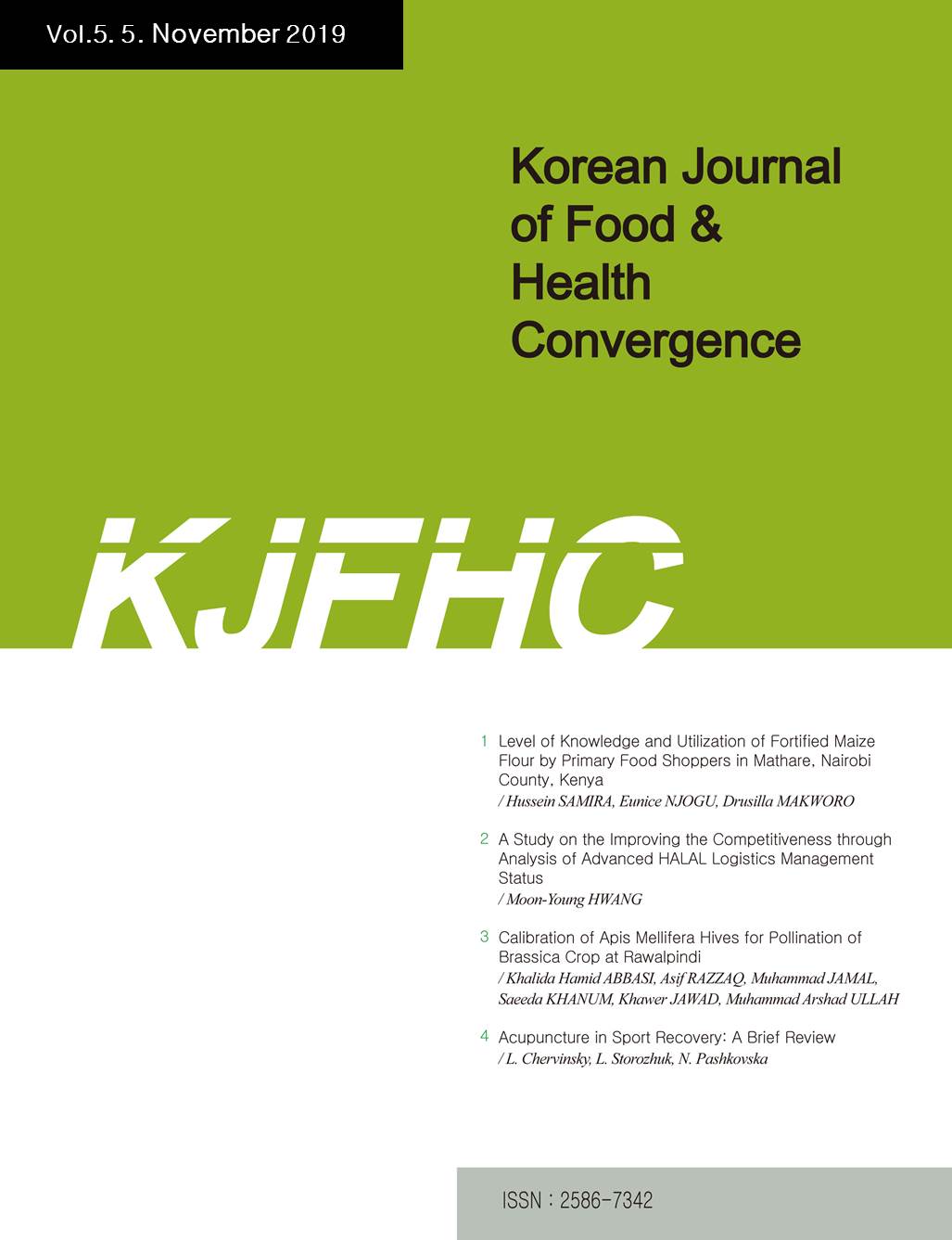- 권한신청
- E-ISSN2586-7342
- KCI
The High-throughput Solid-Phase Extraction in the Field of Synthetic Biology: Applications for the Food Industry and Food Managements
The High-throughput Solid-Phase Extraction in the Field of Synthetic Biology: Applications for the Food Industry and Food Managements
Min-Kyu KWAK (Eulji University)
Abstract
The field of synthetic biology has emerged in response to the ongoing progress in the life sciences. Advances have been made in medicine, farming, eating, making materials, and more. Synthetic biology is the exploration of using living organisms to create new organisms. By manipulating specific genes to express targeted proteins, proteins can be created that are both productive and costeffective. Solid-phase extraction (SPE) and liquid-liquid extraction (LLE) are employed for protein separation during the production process involving microorganisms. This study centers on Scanning Probe Microscopy (SPM) to showcase its utility in the food industry and food management. SPE is predominantly utilized as a pretreatment method to eliminate impurities from samples. In comparison to LLE, this method presents benefits such as decreased time and labor requirements, streamlined solvent extraction, automation capabilities, and compatibility with various other analytical instruments. Anion exchange chromatography (AEC) utilizes a similar methodology. Pharmaceutical companies utilize these technologies to improve the purity of biopharmaceuticals, thereby guaranteeing their quality. Used in the food and beverage industry to test chemical properties of raw materials and finished products. This exemplifies the potential of these technologies to enhance industrial development and broaden the scope of applications in synthetic biology.
- keywords
- Synthetic biology, Solid-phase extraction, Scanning Probe Microscopy
- 투고일Submission Date
- 2024-05-24
- 수정일Revised Date
- 2024-06-05
- 게재확정일Accepted Date
- 2024-06-05
- 다운로드 수
- 조회수
- 0KCI 피인용수
- 0WOS 피인용수


